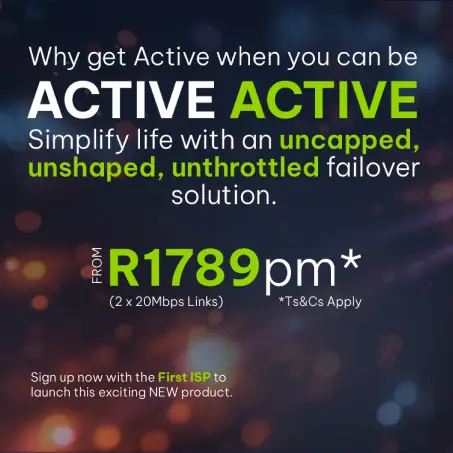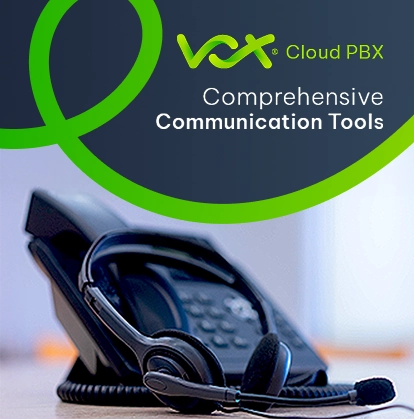When it comes to choosing between a paid vs free email service, first ask yourself why you wouldn’t put a price on privacy.
It’s been said before, but it’s worth saying again: where would we be without email? It gives us the ability to send detailed messages and communicate with anyone. Anywhere in the world. In seconds.
In fact, it’s almost impossible to remember a time before email. And that might be part of the problem. We’re so conditioned to having email as a necessary part of our lives, when presented with the option of a free email service, we don’t even question it. If there’s one thing we’re learning in the age of information, there’s no such thing as ‘free’ when it comes to signing up for a service.
Privacy is Worth Paying For
When it first launched in 2004, Gmail caused a sensation. It offered users the opportunity to create and access their own email accounts, from anywhere. For free! Once smartphones entered the picture, this kind of email accessibility became invaluable. It gave us all more freedom away from our desks. And desktops.
Where Gmail led, other free email services, like Yahoo and Hotmail, followed. But, 18 years later, Gmail still reigns supreme with a staggering 1.5 billion active users globally.
That’s a lot of valuable data to mine and sell back to advertisers. Which was Gmail’s business model until 2017. If you download and install any free third party plugins, they’re also given access to scan your email data for targeted advertising too.
When you pay for an email service, one of the most important things you’re paying for is your privacy.
With Vox Webmail, accessing your email safely and securely from any platform without having your mail scanned by bots can cost as little as R10.50 per month. You can’t even buy a decent cup of coffee for that. What? It’s true. Don’t even talk to us about petrol.
You Are Your Email
The right impression is everything. This is especially true when it comes to business. Not only does a paid email service give you greater control over your data, it also allows for crucial customisation.
Sending email from your business domain strengthens the integrity of your brand. It signals a higher level of professionalism than sending emails from a generic free service does. It also saves your emails from landing in the spam folder. A branded email address allows your customers to feel comfortable not only receiving information but sending personal information back to you as well. A value exchange is automatically created between your company and the customers it serves. That’s something infinitely more valuable than the perceived costs a free email service can save.
If you’re a small business looking to scale, a paid email service should be at the top of your list of priorities. Vox Cloud Mail makes the journey to paid email even easier. Offering a secure, enterprise-class email solution with unlimited email addresses and only billing for the storage used.
Paid Email Offers Added Value
If enhanced privacy, brand awareness and security with paid email weren’t enough, choosing to partner with the right service provider can also give you access to value adds.
Like email branding. At last count, it was estimated the average person received about 121 emails per day. It’s a great way to get your voice heard, but you’ll also need to cut through the clutter. This is where something as like Vox Email Branding – which automatically transforms a standard email signature into a mini branded campaign – will help you stand out.
If you need a service that allows you to access years’ worth of email history for reporting purposes, or you’re just the cautious type, Vox Email Archiving will help you sleep soundly at night. The locally-hosted cloud service allows you to save, search and retrieve 10 years’ worth of email quickly and easily, keeping your email data integrity fully intact. Not to mention compliant with the South African Email Communication Regulation. Yes, that’s a thing. It exists.
With email, just like everything in life, you get what you pay for. But with Vox, it won’t break the bank or your inbox.














